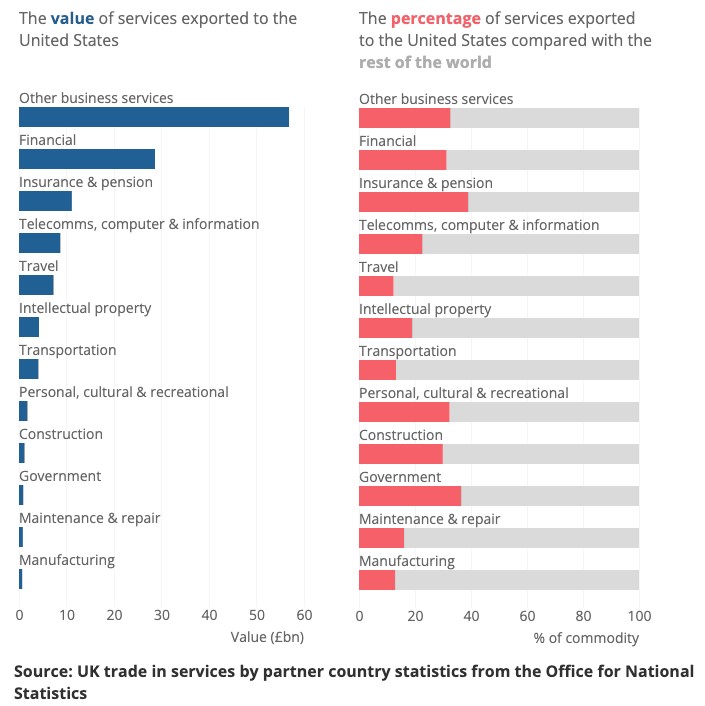
File image of Howard Lutnick. Copyright Pound Sterling Live, still source: U.S. Gov.
A tariff moment looms for the British Pound.
Pound Sterling faces the risk of an expanded U.S. tariff regime that aims to address stifling corporate rules impacting U.S. companies.
According to reports, Howard Lutnick, the incoming U.S. commerce secretary, wants to use "trade tools" to retaliate against countries that squeeze American companies where regulations have a significant impact on operations.
According to documents from a Senate committee, Lutnick told Republican lawmakers that he is particularly concerned about environmental, social and governance (ESG) regulations in Europe that are said to be impacting U.S. corporates.
The European Union's Corporate Sustainability Due Diligence Directive was specifically mentioned by Lutnick, suggesting that future EU tariffs will be widened to deal with more than just the bloc's massive trade surplus with the U.S.
The development indicates there is clear scope for the U.S. to expand its tariff regime away from a simple focus on trade balances. To date, analysts have assumed the balanced UK-U.S. trade in goods insulates the Pound from tariff risks.
"The fact that the U.S. authorities view themselves as maintaining a goods trade surplus means that the UK was never going to be in the centre of Trump’s sights when it comes to a trade wars and tariffs. That does not mean to say that the UK will be able to side-step Trump’s wrath completely. It has become clear that this administration is willing to threaten tariffs to achieve more than economic policy goals," says Jane Foley, Senior FX Strategist at Rabobank.
Although the UK has a balanced relationship in goods trade with the U.S., it runs a significant trade surplus in services, meaning this sector is at risk of tariffs that extend beyond the trade in goods.
In 2023, the UK exported £126.3BN in services to the U.S. and imported £57.4BN said the ONS, resulting in a services trade surplus of £68.9BN.
The UK economy has benefited from America's exceptional growth over the past two years as it increases demand for UK services exports. This means any attempt to sanction the services link would significantly undermine the UK at a time when economic growth is flatlining.
Further headwinds to growth would open the door to more Bank of England interest rate cuts than are currently expected, pressuring the Pound lower.
Although Lutnick specifically mentioned the EU in his comments, U.S. companies in the UK face significant regulatory pressures.
PwC says Britain's ESG reporting landscape is "complex and changing at pace." The consultancy adds that companies operating in the UK are "under more pressure than ever" when dealing with "new regulation frameworks, coupled with heightened stakeholder scrutiny, has created a magnified demand for transparency."
President Trump has already indicated displeasure over regulations squeezing U.S. companies in Britain. In January, he criticised the UK government’s energy policy by calling to "open up" North Sea oil and gas production and "get rid of windmills".
The comments were a response to news that APA Corporation, which owns Apache, said it would wind up its North Sea operations by 2029, warning high taxes and environmental regulations made them "uneconomic".
Trump said on February 01 that the UK was "out of line" on trade and suggested the issue would be addressed.
The U.S. is yet to set out its stall on EU and UK trade as all signs point to a more multi-pronged approach that seeks to address issues beyond simple trade deficits.
Indeed, Lutnick told Senate Republicans he looks forward to "working on any efforts" required in order "to prevent overly burdensome regulations that negatively impact U.S. companies."
ESG is a "serious concern for American industry and the American economy," he said.

